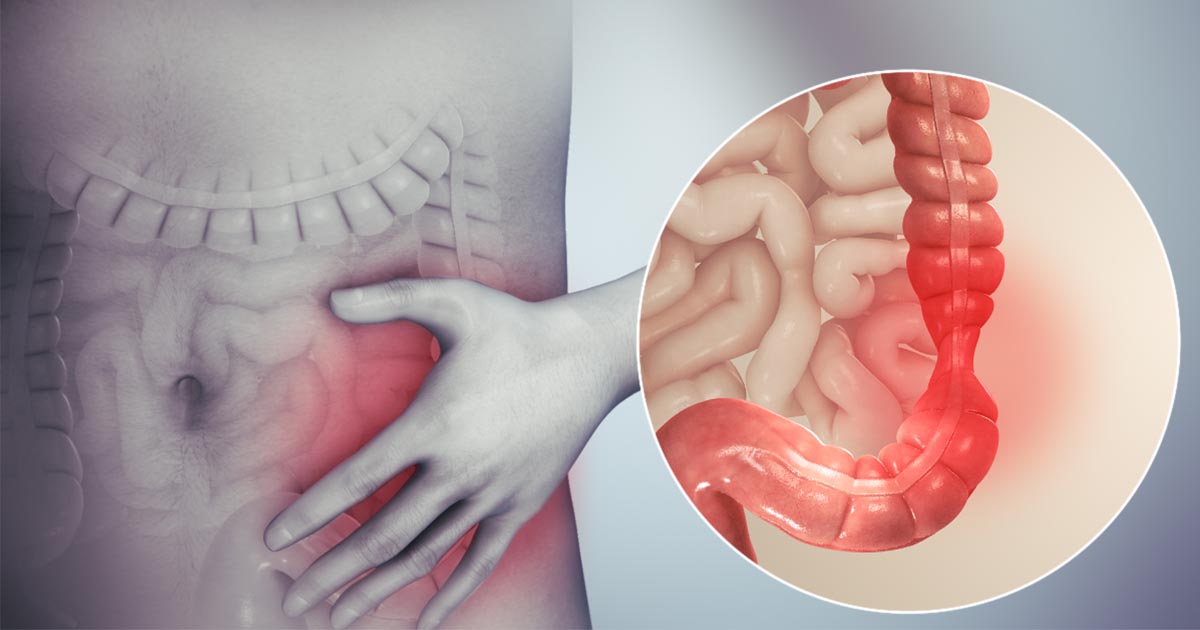

What is Irritable Bowel Syndrome (IBS)?
– Dr R. VATSYAYAN
Irritable bowel syndrome (IBS) is one of the most common disorders that physicians encounter in their day-to-day practice. As the name suggests, it is a condition that interferes with the normal functioning of the bowels or the intestines. IBS is characterized by a group of symptoms – crampy abdominal pain, bloating, constipation and diarrhoea. Ayurveda defines it under the ‘grahani dosha’, where the learned masters have dealt with many other disorders related to the malfunctioning of the small and large intestines.
Causative factors – Though a number of factors are held responsible for the occurrence of IBS, yet no one exactly knows about its definite causes. Modern researchers believe that people with IBS have a colon that is more sensitive and reactive to a number of things, including certain foods and stress. Altered motility of the intestines, muscle contractions, weakened immune and disturbed nervous system result in to the fastened or slower movements of the intestinal contents. The end result is – too much fluid in the stool due to the poor absorption or constipation occurring due to the sluggish propulsion and more absorption of the liquid contents. Sometime both of these conditions occur alternately.
Ayurveda attributes IBS as a sequel to ‘mandagni’ or the weakening of the digestive fire. ‘Grahani’ or the lower end of the stomach and the upper part of small intestine is said to be the seat of ‘agni’ which is deranged by a number of factors. These include irrational fasting, eating during indigestion, over-eating or irregular eating and more often consuming food which is unsuitable, heavy, sticky or is too cold, too unctuous or too dry. Habitual suppression of natural body urges, abuse of laxatives and continuous anxiety can also unhinge the ‘agni’ which ultimately results into a condition where a person becomes unable to digest even the simple food.
Sign and symptoms – Like the complexity of its causes, the presentations of IBS are equally intricate and confusing and vary from one person to the other. Abdominal discomfort or pain in association with the bowel dysfunction is the main symptom of the IBS. Some people experience frequent loose stools with an urgent need to move the bowels, others complain of constipation with hard or difficult to pass stool. Yet there are those who complain of alternating constipation and diarrhea and acidity or gas in the intestines which gives a feeling of pressure inside the abdomen.
Certain psychological commotions like stress, tension and feeling troubled, angry, overwhelmed or exited stimulates colon spasms in people suffering from IBS. Many times and specially in the elderly persons these upheavals take a vicious turn and a stage is reached when physical symptoms of IBS are equally marked with a number of psychological
Patients of IBS may also complain of malaise, general run down, pain in calf muscles and a low self esteem. Acharya Sushruta, has described indigestion, reduced desire to enjoy food, distaste of mouth and acidity accompanied by anxiety and depression as additional symptoms of IBS.
